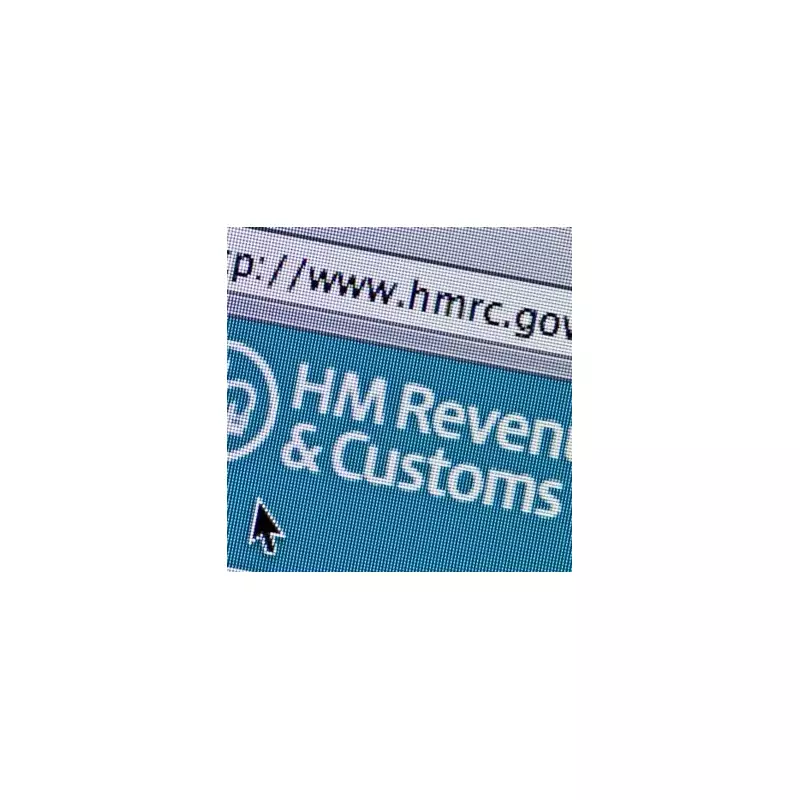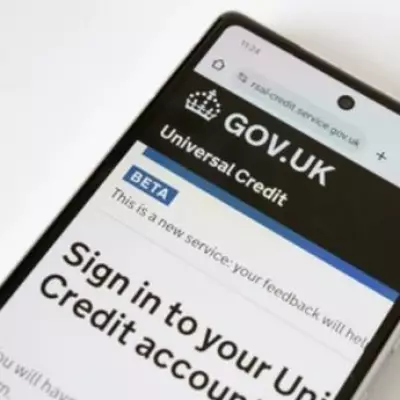
HM Revenue and Customs has issued an urgent alert to millions of UK taxpayers about a sophisticated phone scam that's sweeping the nation. Fraudsters are posing as HMRC officials in a brazen attempt to steal personal information and hard-earned money from unsuspecting households.
The Scam Exposed: How Criminals Are Operating
According to HMRC's latest statement, scammers are using increasingly convincing tactics to trick people into believing they're due a tax refund. The fraudulent calls typically follow this pattern:
- Callers claim to be from HMRC and state you're owed a tax refund
- They create a false sense of urgency, pressuring immediate action
- Victims are asked to provide sensitive personal and banking details
- Some are even directed to fake websites mimicking official HMRC portals
Official HMRC Statement: "We Never Work This Way"
An HMRC spokesperson provided clear guidance to concerned taxpayers: "We want to remind everyone that HMRC would never contact you out of the blue to ask for personal or financial information. If you receive one of these calls, it's a scam - hang up immediately."
The tax authority emphasised that genuine HMRC communications follow strict protocols and would never pressure individuals into making immediate payments or sharing sensitive data over unsolicited calls.
Protect Yourself: Essential Security Steps
With cost of living pressures mounting, criminals are preying on financial anxieties. Here's how to stay safe:
- Never share personal information with unsolicited callers claiming to be from HMRC
- Hang up immediately if you suspect a scam call
- Verify directly through official HMRC channels if unsure
- Report suspicious calls to HMRC's phishing team
- Spread awareness among friends and family, particularly vulnerable relatives
Rising Threat During Cost of Living Crisis
Security experts warn that financial scams typically increase during periods of economic pressure, with criminals exploiting people's hopes for unexpected refunds or financial windfalls. The current cost of living crisis has created perfect conditions for these fraudsters to operate.
Remember: If something seems too good to be true, it probably is. Genuine tax refund processes never involve unsolicited calls requesting immediate action or personal details.
HMRC continues to work with telecommunications companies and law enforcement to identify and shut down these criminal operations, but public vigilance remains the first line of defence against these sophisticated scams.





